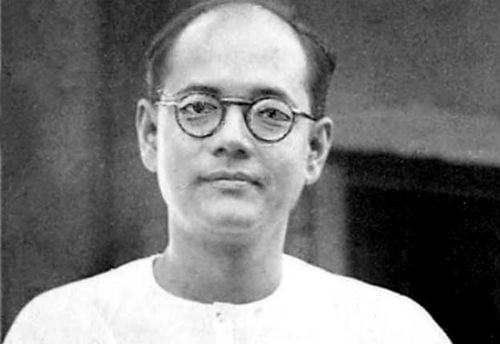Netaji Subhash Chandra Bose, born on January 23, 1897, in Cuttack, India, was a prominent nationalist leader and freedom fighter during India's struggle for independence from British rule. Known for his unwavering courage, leadership, and dedication to the cause of freedom, he played a crucial role in inspiring millions of Indians to fight for their rights.
Early Life:
- Born into a prominent Bengali family, Subhash Chandra Bose was deeply influenced by the teachings of Swami Vivekananda and Mahatma Gandhi.
- He pursued higher education in India and later went to England to appear for the Indian Civil Services examination. However, he resigned from the prestigious position in protest against British policies and returned to India to join the Indian National Congress.
Role in the Independence Movement:
- Subhash Chandra Bose became a prominent leader within the Indian National Congress and later founded the Forward Bloc, advocating for complete independence from British rule.
- He famously coined the slogan "Give me blood, and I shall give you freedom," inspiring Indians to join the struggle for independence.
- Bose believed in active resistance against British rule and organized the Indian National Army (INA) with the support of Japan and Germany during World War II, aiming to liberate India from colonial oppression.
Legacy:
- Despite his untimely death in a plane crash in 1945 under mysterious circumstances, Netaji Subhash Chandra Bose remains a symbol of courage, sacrifice, and patriotism.
- His contributions to India's freedom struggle continue to inspire generations of Indians and serve as a reminder of the power of determination and unity in the face of adversity.
